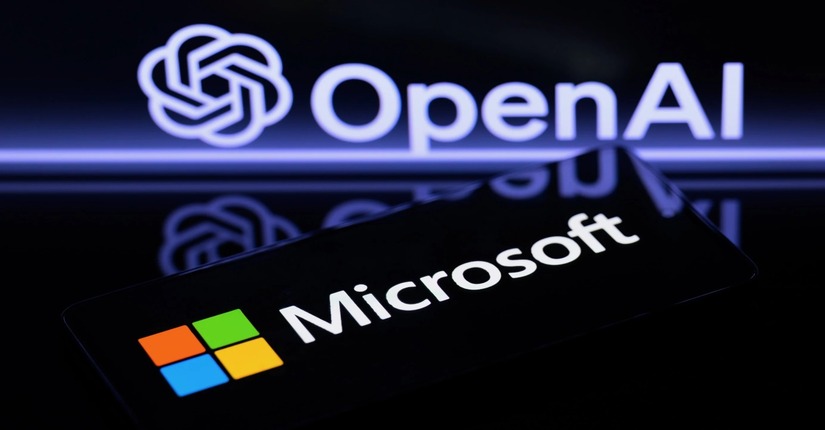Microsoft Azure OpenAI Hack: Hackers Create Harmful Content
Recently, Microsoft revealed a significant breach in which hackers gained unauthorized access to Azure OpenAI systems. They used the platform to generate harmful content, raising serious concerns about the security of cloud-based AI services. As more businesses turn to platforms like Azure for AI solutions, this breach highlights the growing vulnerabilities that cybercriminals can exploit.
What Happened?
According to Microsoft’s investigation, hackers bypassed the security protocols of Azure OpenAI. Once inside the system, they generated harmful content, such as disinformation and malicious scripts. This breach has sparked concerns about AI misuse, especially as the technology continues to grow more powerful and accessible. Consequently, organizations that depend on Azure must reassess their cybersecurity measures.
The Role of AI in Cybersecurity Threats
While Azure OpenAI helps businesses automate tasks, analyze data, and create new applications, it also introduces new security risks. As AI can generate realistic text, images, and even videos, it provides hackers with tools to create content that appears legitimate but is harmful. For instance, attackers could generate fake news, malicious emails, or deepfake videos, which could lead to widespread disinformation or fraud. Therefore, the cybersecurity landscape must evolve to address these new threats.
How the Azure OpenAI Breach Could Impact Businesses
The breach has far-reaching implications for businesses using Azure OpenAI. Specifically, it could lead to:
- Data Loss: Hackers may steal or alter sensitive data, putting businesses at risk of data breaches.
- Reputational Damage: If harmful content created on Azure OpenAI spreads, it could damage a company’s reputation.
- Legal and Compliance Issues: A breach may lead to legal actions, especially if businesses fail to comply with data protection regulations such as GDPR or CCPA.
Preventive Measures for Azure OpenAI Users
In light of the breach, businesses must take steps to strengthen their security measures. Here are a few best practices:
- Use Strong Authentication: Multi-factor authentication (MFA) makes it harder for hackers to gain unauthorized access.
- Conduct Regular Security Audits: These audits will help identify potential weaknesses before they can be exploited.
- Encrypt Data: Ensure that all data, whether in transit or at rest, is encrypted to protect against breaches.
- Control User Access: Access should be granted based on the principle of least privilege, ensuring only authorized personnel can make changes.
- Monitor and Respond to Anomalies: Real-time monitoring systems can detect unusual behavior, helping to mitigate damage quickly.
The Future of AI Security
AI platforms, such as Azure OpenAI, have revolutionized business operations, but they also bring new security challenges. Hackers continue to develop new tactics to exploit vulnerabilities in AI systems. Therefore, businesses must prioritize robust security practices. In this ever-evolving landscape, securing AI platforms is essential for protecting sensitive data, maintaining a good reputation, and ensuring responsible use of AI technologies.
Conclusion: Securing the Future of AI
The breach involving Azure OpenAI serves as a critical reminder of the security risks associated with AI and cloud computing. As AI becomes more integral to business operations, it also attracts more malicious actors. For this reason, companies must stay proactive in securing their AI systems. Only by investing in robust security measures can businesses safeguard their operations, protect consumer trust, and ensure AI’s positive impact on the future.


0 Comment